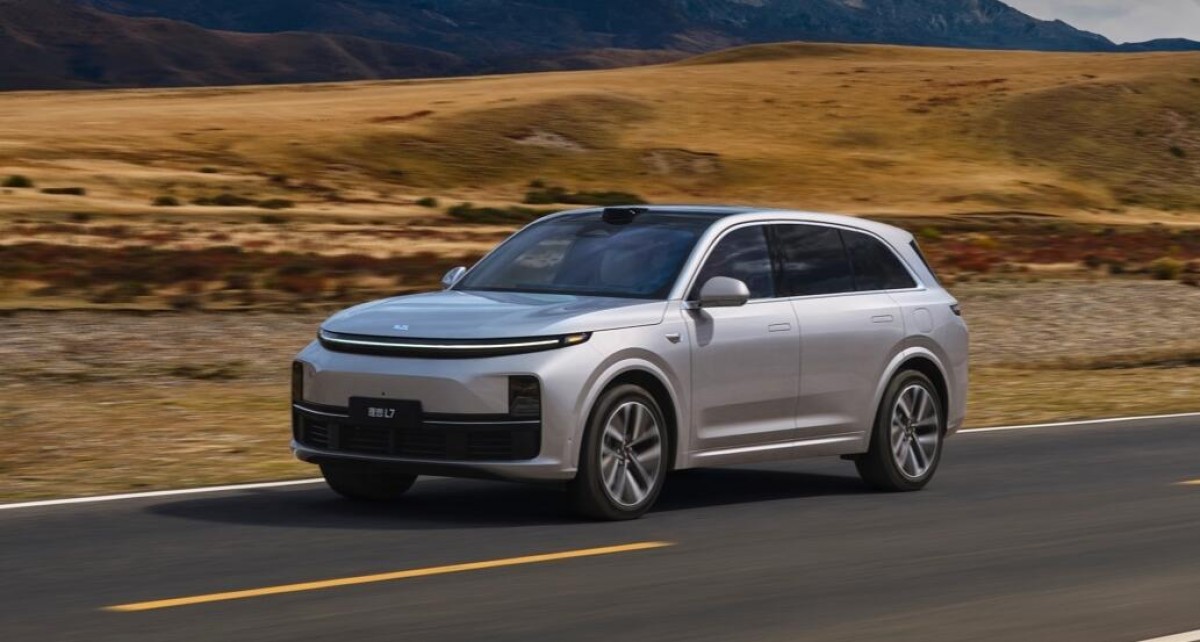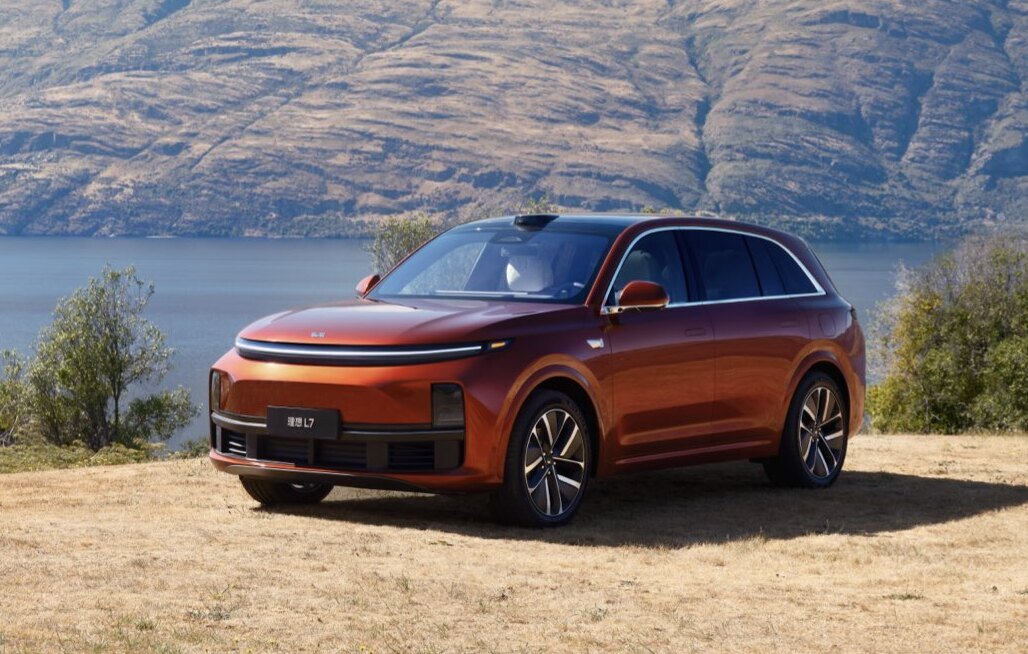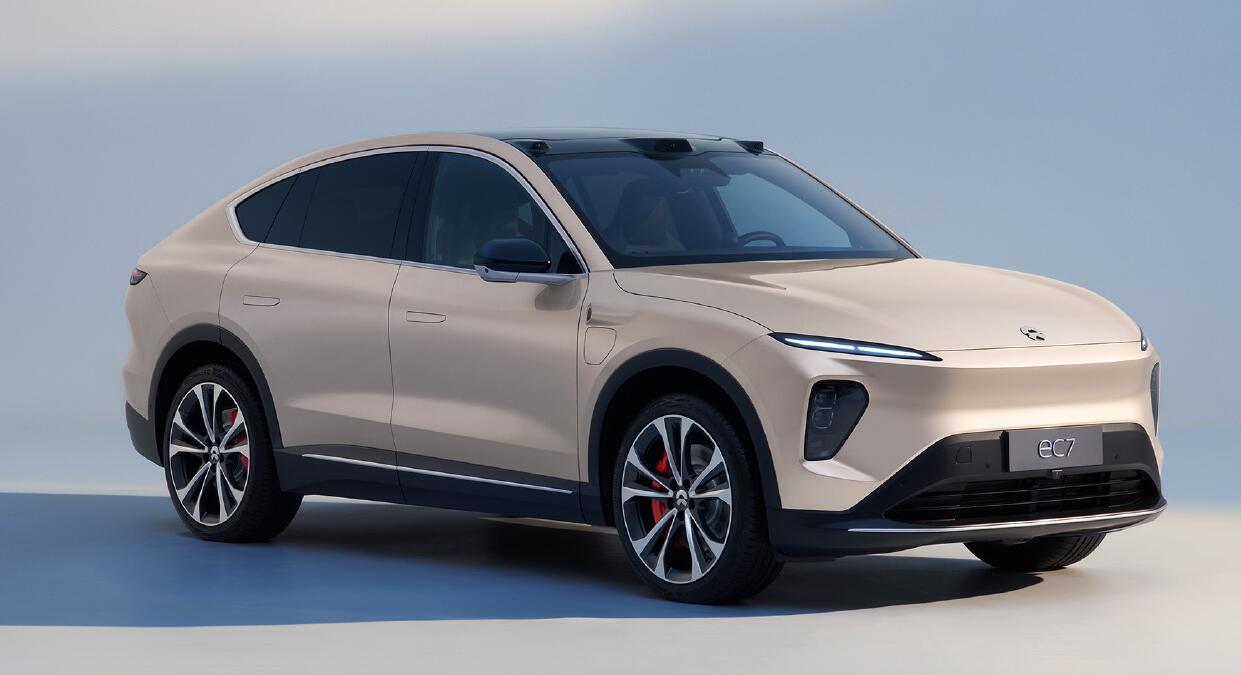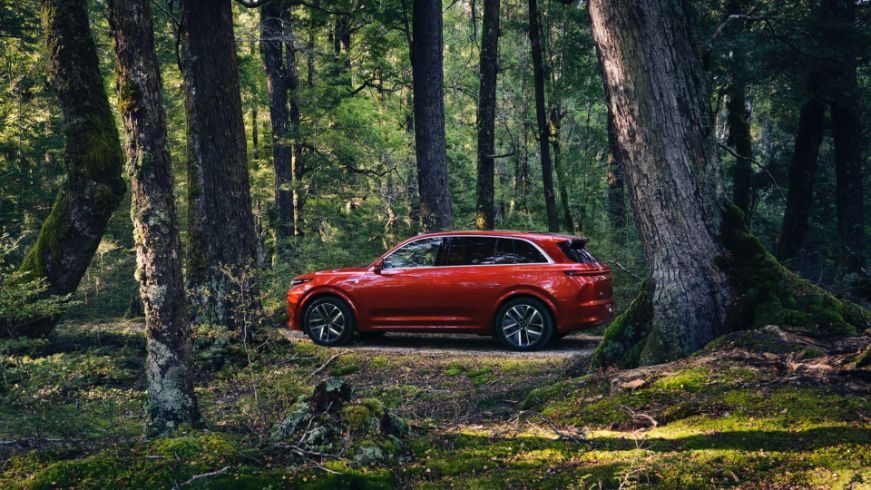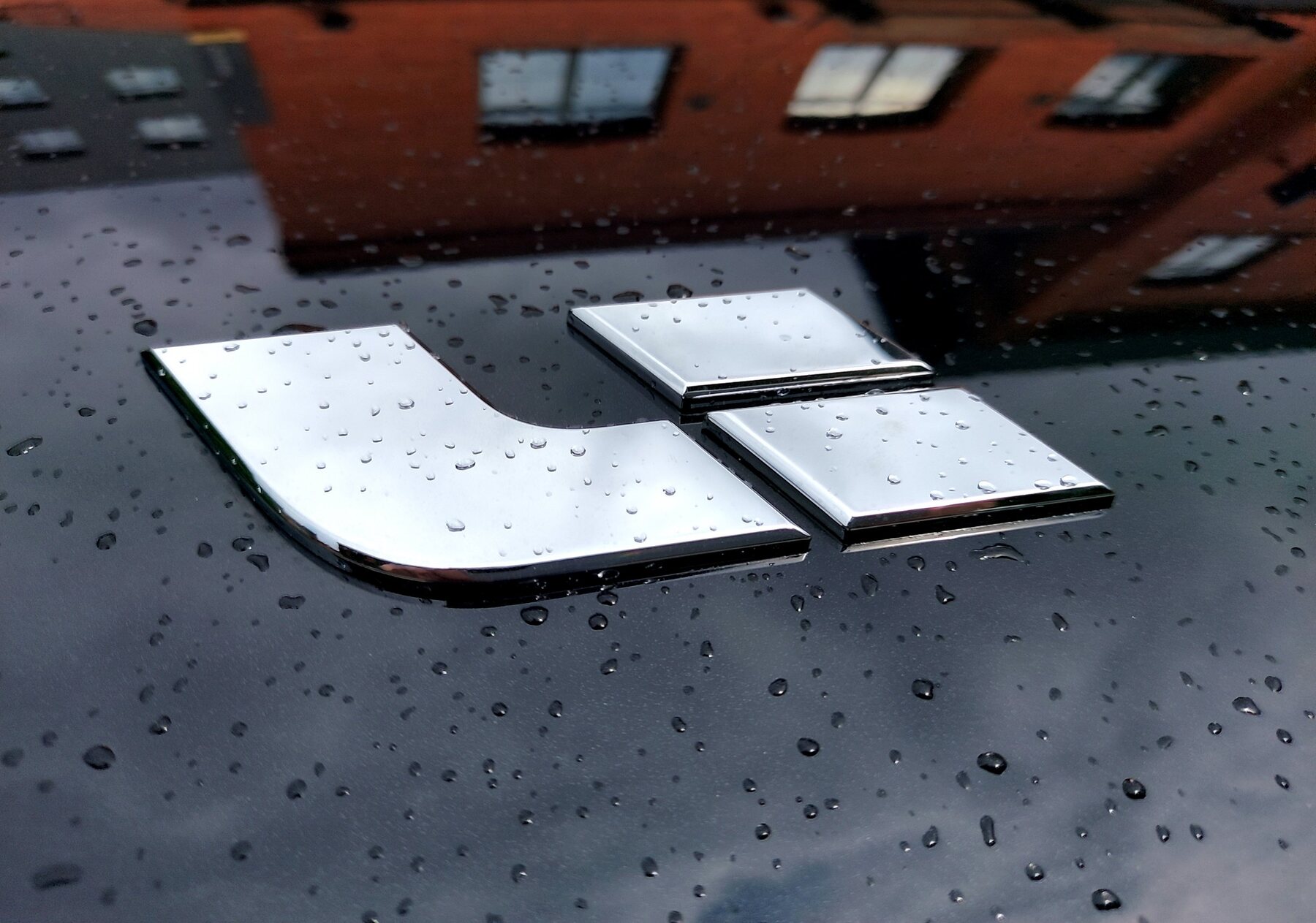Li Xiang, the CEO of Li Auto, expressed his satisfaction with China’s new energy vehicle (NEV) purchase tax exemption policy, emphasizing the company’s ambitious goals. In a recent post on Weibo, Li Xiang reiterated Li Auto’s objective of achieving annual sales of 1.6 million vehicles and annual revenue of RMB 500 billion ($70 billion) by 2025.
Li Auto’s founder, chairman, and CEO applauded the stable policies provided by China for the next four years, stating that it eliminates any excuses for the company’s team to not accomplish its strategic goals by 2025. He emphasized that Li Auto’s ability to meet these targets will be verified by early 2026.
Originally set in February 2021, Li Auto’s ambitious goal aims to establish the company as the leading smart electric vehicle company in China, capturing a 20 percent market share, equivalent to 1.6 million units sold annually, by 2025. In comparison, according to the China Passenger Car Association (CPCA), BYD, a major competitor, achieved first place in the market with 1,804,624 retail units sold in China last year, accounting for an 8.8 percent share.
Despite not ranking among the top-selling automakers according to CPCA’s rankings, Li Auto made significant progress by delivering 133,246 vehicles in 2022, representing a year-on-year increase of 47.25 percent.
Li Auto’s current lineup consists exclusively of extended-range electric vehicles (EREVs), which are essentially plug-in hybrid vehicles (PHEVs) equipped with internal combustion engines. Concerns have recently arisen regarding China’s potential reduction in support for PHEVs to accelerate the transition to battery electric vehicles (BEVs) within the auto industry.
However, today, China’s Ministry of Finance provided clarity on the policy, extending the purchase tax exemption for NEVs and offering equal treatment for BEVs, PHEVs, EREVs, and fuel cell vehicles. The exemption applies to NEVs purchased between January 1, 2024, and December 31, 2025, with a tax reduction not exceeding RMB 30,000 per new energy passenger vehicle. For NEVs purchased between January 1, 2026, and December 31, 2027, the vehicle purchase tax will be levied at half the regular rate, with a reduction not exceeding RMB 15,000 per new energy passenger vehicle.
To achieve its ambitious target for 2025, Li Auto announced its plan two months ago to introduce new models over the next two years. At the Shanghai auto show on April 18, Li Auto unveiled its all-electric solution based on the 800 V high-voltage platform, capable of providing a 400 km range to a BEV within a 10-minute charge. This marked the company’s entry into a phase of parallel development for both its EREV and BEV product lines.
Li Auto intends to expand its product lineup by 2025 to include one super flagship model, five EREVs, and five BEVs. With the favorable policy environment and its strategic plans, Li Auto aims to solidify its position in the Chinese electric vehicle market in the coming years.

